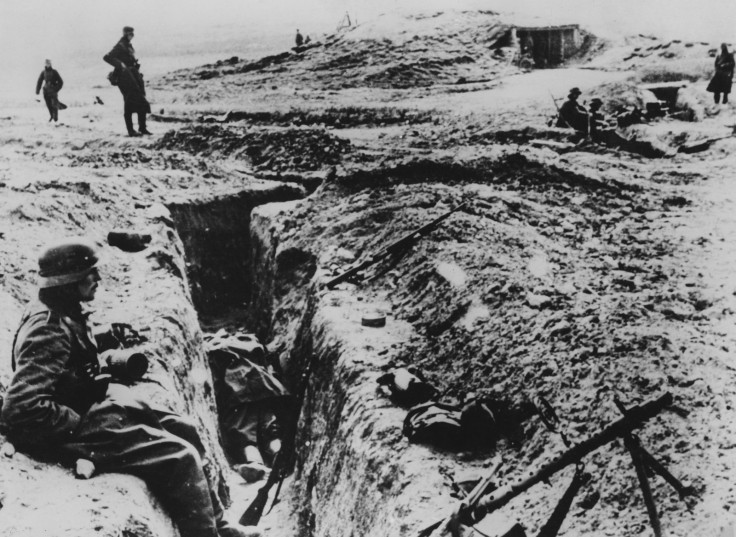Siege of Leningrad survivors 'had genetic mutation to slow their metabolism'

Survivors of the siege of Leningrad might have had a genetic mutation that slowed their metabolism, helping them to ward off starvation, a Russian scientist has said.
The siege began in September 1941 when German troops and allies surrounded the city, trapping three million people inside it. Food shortages are believed to have led to over a million people starving to death. Residents became so desperate during the 872 days that some even turned to cannibalism.
However, hundreds of thousands of people survived and Oleg Glotov, from the Ott Research Institute of Obstetrics and Gynecology in St Petersburg, believes he knows why.
By studying survivors, Glotov and colleagues identified three gene variations associated with greater economical energy metabolism in people who are starving.
These mutations were found in blood samples taken from a small pool of siege survivors. Researchers analysed the structure of the genes involved in metabolism and the cell activity during severe food shortages. Their findings, which took six years to compile, were published in the Advances in Gerontology.
Because of the small sample size, the researchers now want to enrol more people to look at the genes.

In a report on the study by Russia Today, Glotov noted the team had been looking at problems with ageing and longevity but realised there were major differences between some of the samples – namely those that had survived the siege.
"Genetic predisposition alongside with other factors was that very sieve which those siege survivors had to pass and managed to survive in that demanding environment," he told RT. "Those genes didn't emerge by chance, in other words, those people already had them. About 20 to 30% of the population has those markers.
"In harsh conditions they presented an advantage. In a stuffed environment, vice versa, they will be a disadvantage: in the case of overeating, they will contribute to the accretion of energy in the form of fats, etc."
Glotov believes the findings could be helpful in finding ways to fight obesity and other eating disorders related to metabolism and has called for other survivors to come forward to "determine the peculiarities of this phenomenon".
Commenting on the study, geneticist Stephen O'Brien told Science magazine the findings were "fascinating", but warned that the small pool of survivors – at this point – makes the results "very difficult to interpret". He said the differences in the genes are "not really overwhelming" but instead "are more suggestive".
© Copyright IBTimes 2025. All rights reserved.






















